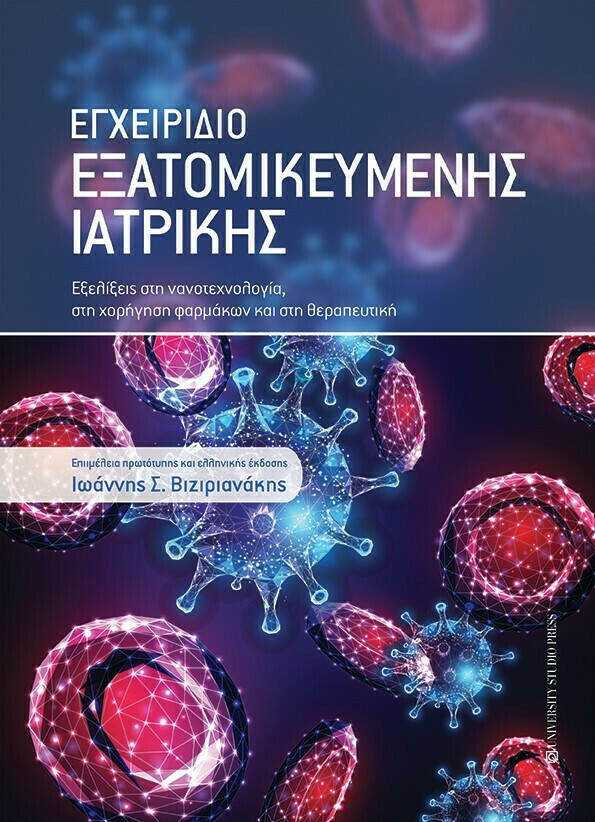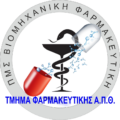Μ1. Design, development and pharmacological evaluation of pharmacomolecule action - preformulation studies
Purpose/Objectives of the Course
In the context of the course, the following topics are developed: Study of preformulation-formulation in modern pharmaceutical forms. Quantitative Structure Activity Relationships (QSAR), Physicochemical Properties, Chemometrics, Simulation, Fundamentals and Examples of 2D and 3D-QSAR relationships for various molecular targets. ADMET models. Simulation models. Solid phase selection – Polymorphism control.
Physico-mechanical properties of powders (size, shape, flow, compressibility). Computational simulation of the solid state (prediction, crystal polymorphism, mechanical properties estimation, crystal morphology prediction). Design and development of products: Selection of excipients and factors that determine them in the production of solid pharmaceutical products (Tablets). Evidence of anticancer drug development. Pharmacological and pharmacogenomic approach. Design, Production and Quality Control of Radiopharmaceutical (pre) Formulations. Development of production methods and quality control of radiopharmaceutical preparations and preparations.
Coordinator
Teachers
| Image | Name | Designation | Contract Info | Social Links |
|---|---|---|---|---|
 |
Barmpalexis Panagiotis | Associate Professor of Pharmaceutical Technology | pbarmp@pharm.auth.gr 2310997629 | |
 |
Hadjipavlou-Litina Dimitra | Professor of Pharmaceutical Chemistry | hadjipav@pharm.auth.gr 2310997658 | |
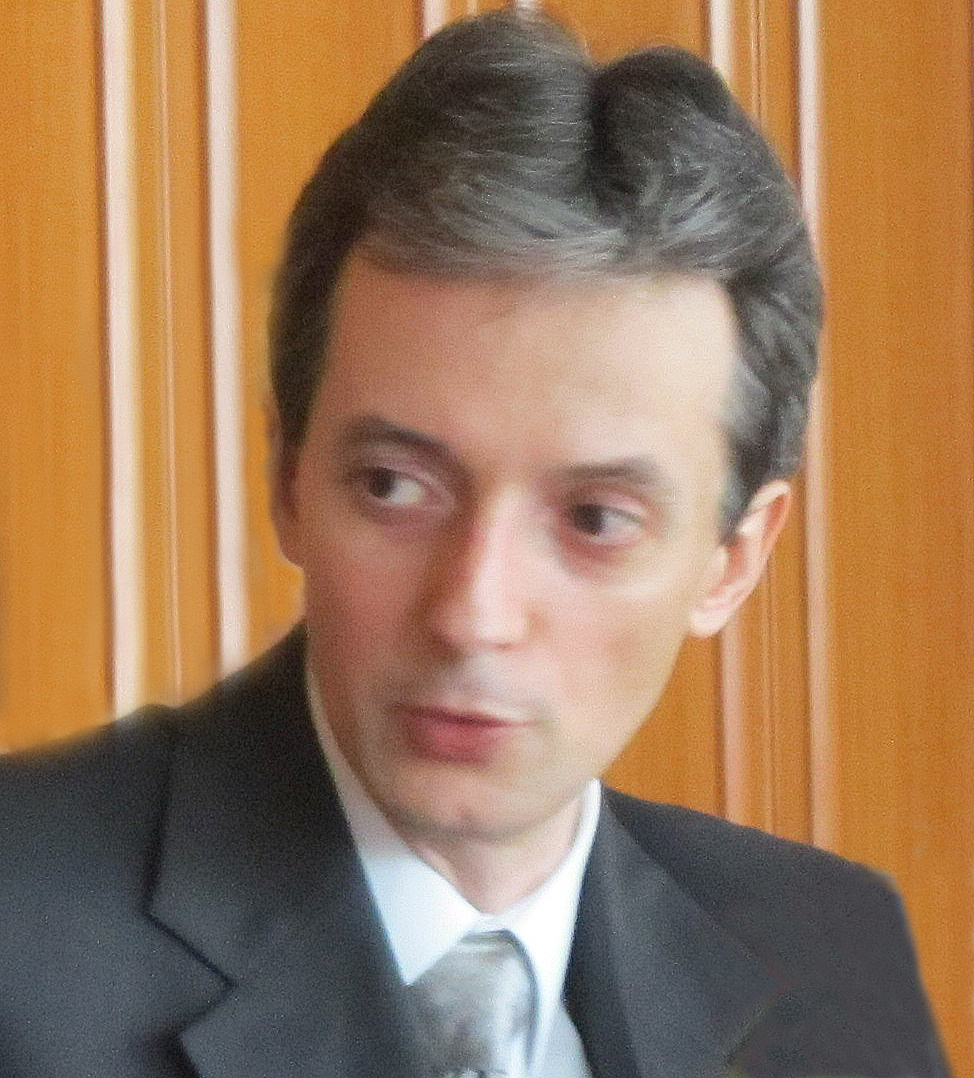 |
Kachrimanis Kyriakos | Professor of Pharmaceutical Technology | kgk@pharm.auth.gr 2310997666 | |
 |
Kagkadis Konstantinos | PhD | ||
 |
Karavas Evangelos | PhD | ||
 |
Nicolaou Ioannis | Associate Professor of Pharmaceutical Chemistry | inikolao@pharm.auth.gr 2310998670 | |
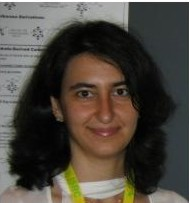 |
Papagiannopoulou Dionysia | Associate Professor of Pharmaceutical Chemistry | papagd@pharm.auth.gr 2310998680 | |
 |
Soras Georgios | PhD | ||
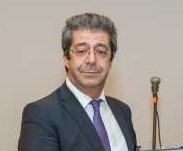 |
Vizirianakis Ioannis | Associate Professor of Molecular Pharmacology and Pharmacogenomics | ivizir@pharm.auth.gr 2310997658 |
Course Organization
ECTS: 8
Lectures: 12
Laboratory Exercises: 1
PC application: 1
Workload
200 – 240 hours
Lectures/Workshops: 70 hours
Personal effort: 130 hours
Course Lectures
Week | Faculty | Teaching method | Description of teaching unit |
1 | Hatzipavlou-Litina Dimitra Prof. of Pharmaceutical Chemistry, AUTH | Theory | Quantitative structure-activity relationships (QSAR), Physicochemical properties, Chemometrics, Simulation, Fundamentals, Examples of 2D and 3D-QSAR relationships for various molecular targets |
2 | Hatzipavlou-Litina Dimitra Prof. of Pharmaceutical Chemistry, AUTH | Theory | ADMET Models and Hybridization Theory, |
3 | Hatzipavlou-Litina Dimitra Prof. of Pharmaceutical Chemistry, AUTH | P/C | ADMET models: The Multi-target principle, ligands design |
4 | Nikolaou Ioannis, Asst.Prof. of Pharmaceutical Chemistry, AUTH | Theory | DESIGNING DRUGS TO AVOID TOXICITY |
5 | Barbalexis Panagiotis Asst. Prof. of Pharm. Technology, AUTH | Theory | Physico-mechanical properties of powder (size, shape, flow, compressibility) |
6 | Kahrimanis Kyriakos. Prof. of Pharm. Technology, AUTH | Theory | Solid phase selection – polymorphism control |
7 | Kahrimanis Kyriakos. Prof. of Pharm. Technology, AUTH | Theory Theory
| Computational simulation of the solid state (prediction, crystal polymorphism, mechanical property estimation, crystal morphology prediction) |
8 | Vizirianakis Ioannis, Asst. Professor of Pharmacology AUTH | Theory | Anticancer drug development data. Pharmacological and pharmacogenomic approach. |
9 | Papagiannopoulou Dionysia Asst. Prof. at Radiopharmaceuticals, AUTH | Theory | Design, Production and Quality Control of Radiopharmaceutical (pre) Formulations. |
10 | Konstantinos Kagadis Ph.D. General Manager CBL Patras S.A. | Theory | Lyophilization part I |
11 | Konstantinos Kagadis Ph.D. General Manager CBL Patras S.A. | Theory | Lyophilization part II |
12 | Karavas Evangelos PhD. President PHARMATEN SA, Vice President of Research & Industrial Operations and Director | Theory | Study of pre-formulation/formulation in modern pharmaceutical preparations |
13 | George Soras Phd, Rnd and RA Manager | Theory | Design and development of products: Selection of excipients and factors that determine them in the production of solid pharmaceutical products (Tablets). |
14 | Exams Theory | ||
Examination of the course
Final exam
Course Essays
Related Bibliography
Handbook of Personalized Medicine – Advances in Nanotechnology, Drug Delivery and Therapeutics
Editor: Ioannis S. Vizirianakis
ISBN: 9789601224831
Link
